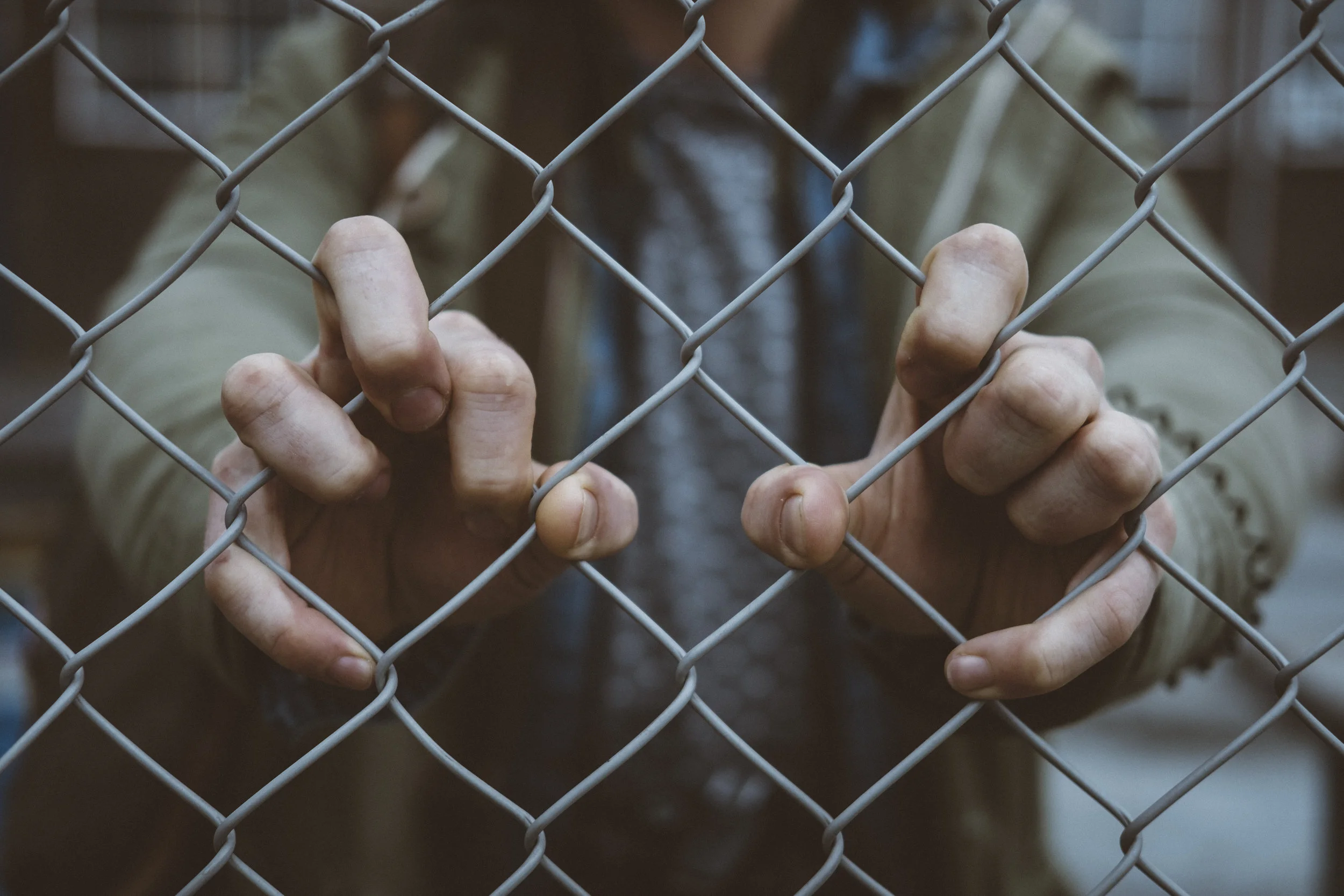The Private Prison Industrial Complex
published
January 18, 2019
Scabies outbreaks, insufficient healthcare, a lacking rehabilitative services, little to no prison guard training, and preventable deaths – these devaluations of human life occur when private businesses value profit over people.
Injustice becomes the norm, people turn into numbers, and lives morph into statistics, as they have in recent years as the Prison Industrial Complex has morphed into the Private Prison Industrial Complex. At best, the privatization of prisons serves as a feeble attempt to be more cost-effective. At worst, and quite regularly, it sells out integrity and morality in exchange for the maximization of profits.
Without much oversight, private prisons exploit prisoners by forcing them to manufacture goods in exchange for only a few cents an hour. Incentivized by the need to keep jail cells full and the pockets of company executives even fuller, privatized prisons thrive off of the mass incarceration of individuals, both guilty and innocent. This also leads to longer sentences; if corporations are making money off of a prisoner’s cheap labor, then why would they release the prisoner at the earliest date possible? Private prisons generate revenue by exploiting work in some of the most unethical conditions. And with their focus only on the bottom line of profits, many needs of prison life are often overlooked and underfunded.
If corporations are making money off of a prisoner’s cheap labor, then why would they release the prisoner at the earliest date possible?
The problems that occur in privatized prisons are alarming and tantamount to human rights abuses. In Texas, to cut down on costs, private businesses such as La Salle Corrections use a legal loophole to bypass giving jailers the required 96-hours of training by hiring temporary guards instead of licensed jailers. The lack of sufficient instruction has led to egregious repercussions such as the preventable death of Andy Debusk, who was violently pepper sprayed and suffocated in an encounter with prison guards on Christmas Eve.
Private prison corporations only care about the numbers – the number of prisoners, the number of dollars made, the number of ways to keep operations cheaper. They fail to take into account the negative consequences of their actions.
Issues like the lack of medical treatment, abusive staff behavior, and inconsistent policies all plague the Trousdale Turner Correctional Center, Tennessee’s largest prison operated by Nashville-based company CoreCivic. In fact, a 2017 class-action lawsuit showed that the facility was not only understaffed, but also failing to take care of prisoners with diabetes. Two other class-action lawsuits claim that the same facility failed to properly screen or treat those affected by a previous scabies outbreak; other lawsuits against CoreCivic filed in the past dealt wrongful deaths and failed guard intervention.
Private probation specifically targets the poor and only funnels money away from those who need it the most into the pockets of company executives.
Beyond the daily impacts, the private prisons also destroy the morale of the United States government. By entrusting our prison systems to private industries rather than enforcing them itself, the government implies that it is incapable of running an effective prison system. Rather than looking to improve itself from within, it simply hands over the work to an outside source that abuses the newfound power. The privatization of prisons seeks to put a bandage on a wound that’s spilling over, when in reality it should focus on finding methods to heal it.
Privatized supervision
The Private Prison Industrial Complex spans beyond just the establishment of private prisons. Private probation services violate constitutional rights by charging individuals extortionate probation fees. For instance, in Massachusetts, a person serving an average probation sentence can expect to be charged about $850-$1,300 in probation fees. For many, this number is simply infeasible, but private probation companies continue to threaten arresting those who cannot pay.
In this system, if a single parent living on minimum wage has an extra fifteen dollars leftover, they have two choices: risk getting arrested by purchasing groceries for their children, or allow that money to drain away to a private, multi-million dollar probation company. This system represents anything but equal justice – it specifically targets the poor and only funnels money away from those who need it the most into the pockets of company executives.
The United States justice system was made of the people, by the people, for the people – not of, by, and for only the people with wealth. The list of grievances the privatization of prisons causes against our principles of justice continues on and on, but every reason leads to one statement: nobody deserves to be abused by any person, system, or entity. Equal Justice Under Law stands against the privatization of the Prison Industrial Complex.
SOURCES
[1] Moritz-Rabson, D. (2018, August 28). 'PRISON SLAVERY': INMATES ARE PAID CENTS WHILE MANUFACTURING PRODUCTS SOLD TO GOVERNMENT. Retrieved November 2018, from Newsweek: https://www.newsweek.com/prison-slavery-who-benefits-cheap-inmate-labor-1093729
[2] Aspinwall, C., & Boucher, D. (2018, November 18). 'They’re gonna kill me': Why did a man die in jail near Fort Worth as untrained guards watched? (The Dallas Morning News) Retrieved November 2018, from Dallas News: https://www.dallasnews.com/news/investigations/2018/11/18/gonna-kill-man-die-injail-near-fort-worth-untrained-guards-watched
[3] Hale, S. (2017, July 12). Letter: Families ‘Deeply Concerned’ for Well-Being of Trousdale Prisoners. Retrieved November 2018, from Nashville Scene: https://www.nashvillescene.com/news/pith-in-the-wind/article/20867301/letter-families-deeply-concerned-for-wellbeing-of-trousdale-prisoners
[4] Hale, S. (2017, February 9). Lawsuit: Understaffing Leads to Insufficient Care for Diabetic Inmates at Private Prison. Retrieved November 2018, from Nashville Scene: https://www.nashvillescene.com/news/pith-in-the-wind/article/20851767/lawsuit-understaffing-leads-to-insufficient-care-for-diabetic-inmates-at-private-prison
[5] Wade-Gervin, C. (2017, June 21). Can Metro End Its Contract with CoreCivic? Retrieved November 2018, from Nashville Scene: https://www.nashvillescene.com/news/features/article/20865469/can-metro-end-its-detention-contract-with-corecivic
[6] Sawyer, W. (2016, December 8). Punishing Poverty: The high cost of probation fees in Massachusetts. Retrieved November 2018, from Prison Policy Initiative: https://www.prisonpolicy.org/probation/ma_report.html
[7] Albin-Lackey, C. (2014, February 10). “You Got to Come Up With That Money or You Are Going to Jail”. Retrieved November 2018, from Slate: https://slate.com/news-and-politics/2014/02/privatizing-probation-poor-people-have-to-choose-between-paying-and-jail.html


